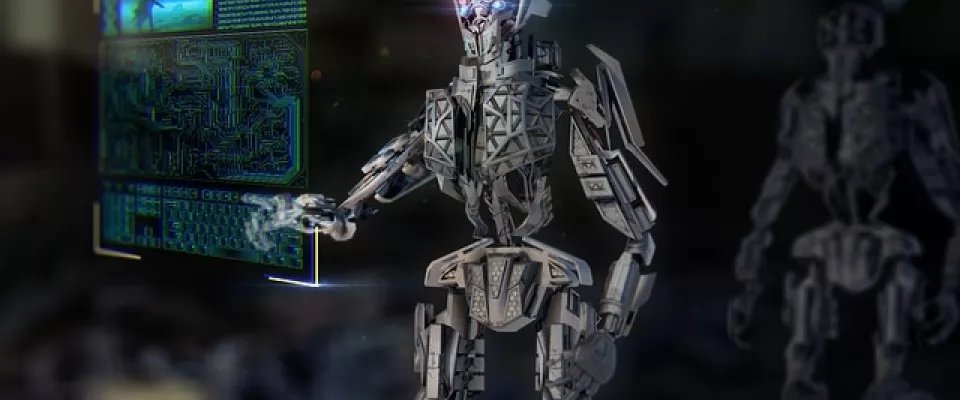Examining the complex relationship between technology and employment in the Age of Automation
Automation and technological advancements have raised concerns in some sectors about the possibility of robots taking away human jobs. While it is true that robots and artificial intelligence can perform certain tasks more efficiently and accurately than humans, the idea that robots will completely replace human workers is a controversial topic, and its impact can vary across different industries and occupations.
It is true that some routine and repetitive jobs, especially those involving physical tasks or repetitive calculations, are more susceptible to automation. This means that in certain sectors such as manufacturing, logistics, or customer service, fewer human workers may be required in the future due to the use of robots and automated systems.
However, it is also important to highlight that technology has also proven to be a job creator. As certain tasks are automated, new job opportunities emerge in the creation, maintenance, and improvement of these technologies. Additionally, humans possess unique skills such as creativity, empathy, abstract reasoning, and ethical decision-making that are difficult to replicate in machines.
Rather than thinking of robots as a threat to jobs, it is more constructive to consider how technology can complement and enhance human work. Collaboration between humans and machines can increase productivity, free individuals from tedious tasks, and allow them to focus on more meaningful and creative activities.
It is also important to emphasize that the adoption of automation and artificial intelligence in the workplace should be accompanied by policies and measures that ensure a fair and equitable transition for affected workers. Training and retraining employees in skills relevant to the digital economy, as well as implementing social protection policies, are key aspects to mitigate potential negative impacts and harness the benefits of technology in an inclusive manner.
In conclusion, based on the analysis of available data, it can be concluded that while automation and technological advancements can impact human employment, the notion that robots will completely take away human jobs is a complex and contentious issue. When implemented equitably and responsibly, technology can complement and enhance human work, increasing productivity and freeing individuals from repetitive and tedious tasks.
It is important to recognize that technology can also create new job opportunities in the creation, maintenance, and improvement of these technologies. Moreover, the unique skills of humans, such as creativity, empathy, abstract reasoning, and ethical decision-making, continue to be highly valued and difficult to replicate in machines.
To address potential negative impacts of automation, it is crucial to implement policies and measures that ensure a fair and equitable transition for affected workers. This includes providing training and retraining in relevant skills for the digital economy and implementing social protection policies.
Ultimately, the focus should be on finding a balance between technological advancement and human well-being. Collaboration between humans and machines can be a powerful force to drive progress and improve our lives, as long as we are mindful of the challenges and ensure that technology is used ethically and responsibly.

